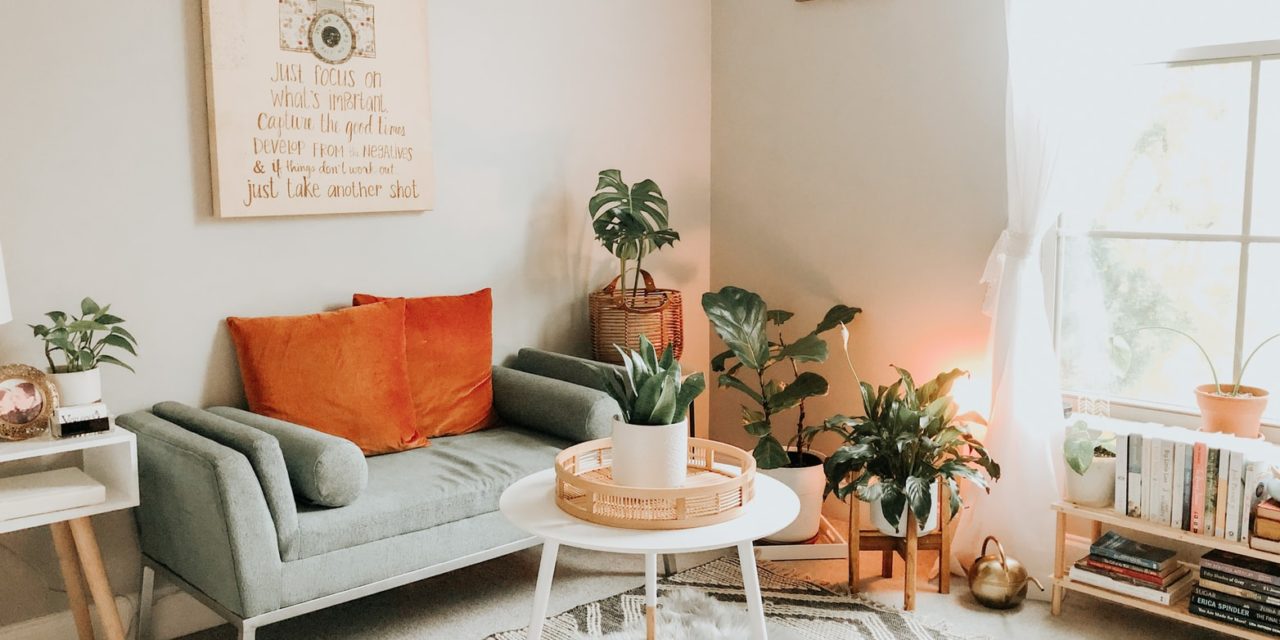[ad_1]
If you are a pastel artist that has been hesitant to apply to an art competition that is not local or sell your work to a potential client that is not within easy driving distance because you don't want to risk shipping your painting, then this article is for you. I used to feel the very same trepidation until I realized how many opportunities, as well as possible sales, I was missing by not pulling on my “big girl pants” and learning the best way to ship my work across the country and around the world.
We as artists put so much of ourselves into each piece, so of course we don't want to risk damage or loss to our valuable artwork when shipping to a show or client. Still we want and need to present our work to a broader market than just our local or regional area in order to grow as an artist and business person. If we take the additional step to have a website (almost a “must” in today's marketplace), then we must be prepared to ship our work to the client that finds that perfect painting on our site or commissions us to create a unique work just for them. If we happen to work in pastel, shipping creates an entirely different and more challenging problem, but certainly not one that cannot be overcome.
After much research and compiling suggestions from several different sources this is what I have found works best for me. I routinely ship to national juried shows across the United States, as well as purchasers of my pastel pieces, and so far this process has worked wonderfully for me. Of course, you can go the “top of the line” route and purchase the wonderful iron clad, foam lined boxes created specifically for shipping this type of artwork (yes, I do have one and it is great), however they are extremely expensive and it isn't feasible to have too many in your shipping arsenal at any given time. Therefore, if you ship often your “good box” may be in use and you will need to improvise and create something safe and less expensive on the spot. Here's help.
First of all you will need the following items/materials: a clean and sturdy, undamaged cardboard box a few inches larger on all sides than the artwork you are planning on shipping; bubble wrap; an inexpensive foam “egg carton” type bed mattress (this can be purchased at Wal Mart or a similar store in various sizes); a sheet of newsprint or similar inexpensive paper; packing tape; permanent marker; “Fragile” labels.
First cut the newsprint to fit perfectly over the glass of your painting. Next you will need to wrap bubble wrap securely around the artwork in both directions. This step is very important as it doubly protects your valuable art. Now secure with tape, but do not over tape, as you don't want to make it too difficult for those on the other end to undo. Next use the foam mattress to create a liner for the box by cutting pieces and strips to fit on each side of the painting (top and bottom), as well as on ALL sides of the box. When you have completed this step you should have formed at least a two inch cushion around your artwork on every side – top, bottom, sides and ends.
Here it is important to note that you should never use packing peanuts when shipping art for many reasons. Not only are they messy to unpack – many galleries and shows will even refuse your work if you ship with them – but they also can cause static to build up. This could damage your painting.
It is, of course, a good idea to include the shipping address inside the box, so I usually do this by completing an envelope with that information and my return address on it. Then if there is anything that needs to be sent with the piece (i.e. entry form, letter to the purchaser, business cards, etc.) those items can be sealed in the envelope before it is taped on the front of the bubble wrapped painting.
Next, slid the painting into the foam cocoon you have formed. If your work is going to a competition or gallery it would be a good idea at this point to attach a photo of the painting to the lid or end flap of the box. This will make for easier identification and return of your work at the end of the show. Seal the box securely with the packing tape and clearly address with the permanent marker or labels you have printed on your computer. If you are expecting the work and box to be returned to you clearly mark above your return address: “Property Of” in bold letters. It is also important to make note of how many boxes you are sending if there is more than one. For example, you might write “Box 1of 2” just under your return address. Next use your marker to designate the top of the box and use your bright “Fragile” stickers to further alert the shipper.
[ad_2]
Source by Debbie Hughbanks


